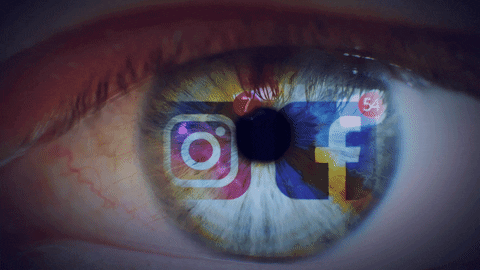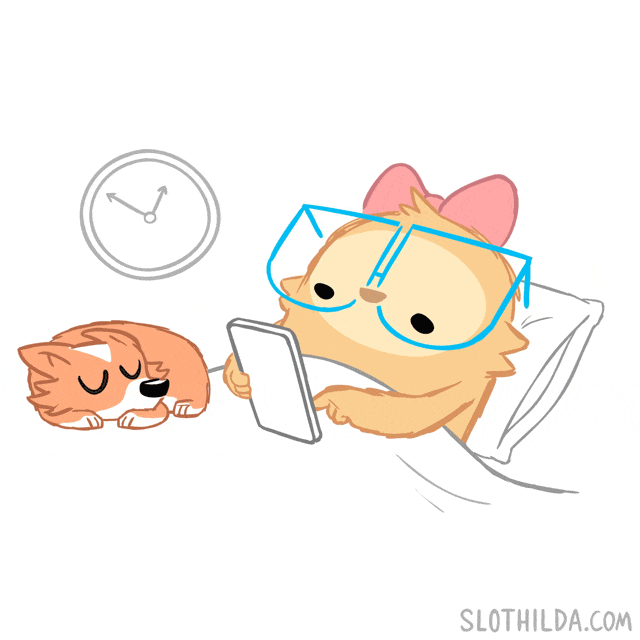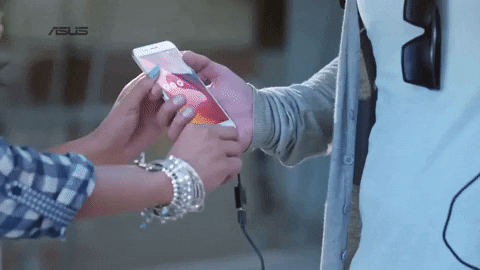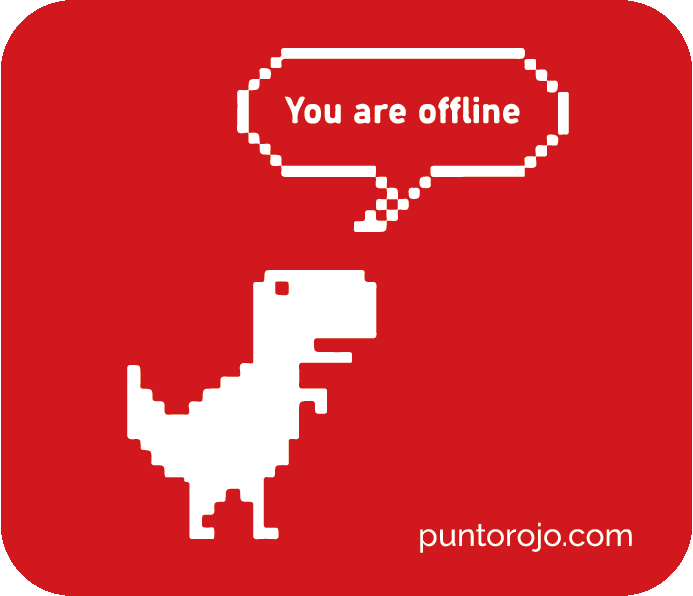How often do you stay up late at night scrolling through Facebook?
Advertisement - Scroll to continue
How often do other people in your life comment on your Facebook use?
How often do you use Facebook to improve your mood or forget about personal problems?
How often does excessive Facebook use impacts your work or studies negatively?
How often do you think about Facebook or the planned use of Facebook?
How often do you feel like you're missing out if you don't check Facebook regularly?
Advertisement - Scroll to continue
How often have you tried to cut down on using Facebook without success?
How often do you spend several hours a day or more using Facebook?
How often do you spend more time on Facebook than you intended to?
How often do you experience an urge to use Facebook?
How often do you check Facebook?
Advertisement - Scroll to continue
How often do you find yourself mindlessly scrolling through Facebook?
How often do you feel like your Facebook use interferes with your ability to focus on other things, like work or studying?
How often do you experience irritability, anxiety, or insomnia when trying to cut back on Facebook use?
How often do you become restless or troubled if you can't use Facebook for some time?
How often do you spend more time on Facebook than you intended to?
Advertisement - Scroll to continue
How often do you neglect other areas of your life (work, relationships, hobbies, etc.) because of excessive Facebook use?
How often do you feel compelled to use Facebook, even when you don't really want to?
How often does excessive Facebook use impacts your relationships negatively?
How often do you feel like you need to post something on Facebook to let others know what you're doing or how you're feeling?




Welcome to the “How Addicted to Facebook Are You?” quiz! Facebook is a site that has become vital to many people’s lives. While it can be great for staying connected with friends and family, it can also become addictive and take up a significant time and attention.
By taking this quiz, you will be able to identify whether your use of Facebook is healthy or if it has become an addiction with a negative impact on your daily life. So, let’s get started and see how addicted you really are to Facebook!
What is Facebook?
Facebook is a social media site that makes it possible to communicate with friends, relatives, and people all over the world. Users create profiles in so that they can share details about themselves, like their interests, photos, and personal information. Facebook users can communicate with one another via a variety of features.
In addition to connecting with friends and family, Facebook also offers various groups and pages where users can join and interact with people who share similar interests. Businesses and organizations can also create pages on Facebook to promote their products and services.
Overall, Facebook provides a way for people to stay connected, share information, and engage with others on a global scale.
Can Facebook be addictive?
Like any other form of social media or technology, Facebook can trigger the release of dopamine in the brain, a hormone linked to pleasure and reward. When people use Facebook, they may experience satisfaction from social interactions, likes, and positive feedback, which can create a cycle of reward-seeking behavior.
Additionally, Facebook’s design intentionally keeps users engaged and returning to the platform. Features like notifications, news feeds, and the “like” button can create a sense of social validation that can be addictive for some users.
For people who struggle with self-regulation or have underlying mental health conditions, using Facebook can become excessive and interfere with daily life, relationships, and responsibilities. It is important to maintain a healthy relationship with Facebook and other forms of social media to avoid potential addiction or negative impacts on mental health.
Bergen Facebook addiction scale
The Bergen Scale (BFAS) is a self-report questionnaire used to assess the level of addiction to Facebook,developed by researchers in Norway. What does the Bergen Facebook addiction scale scoring look like? The scale consists of six items. Participants respond to each item on a scale from 1 (very rarely) to 5 (very often), indicating how often they experience each symptom. The scale analyzes how the studied activity improves mood or dominates a person’s thoughts and behavior, amongst other things.
The BFAS has been used in various studies to measure Facebook addiction. It can help individuals and professionals assess the level of addiction and determine whether treatment or intervention is necessary.
Find out if you can be addicted to your phone.
How to combat Facebook addiction?
If you are concerned that you may be addicted to Facebook, here are some strategies you can use to combat the addiction:
- Set limits on your Facebook use: Decide how much time you want to spend on Facebook daily and stick to that limit. You can also use tools like timers or apps that track your social media usage to help you stay within your limits.
- Take breaks: Schedule regular breaks from Facebook, such as taking a day off each week or going on a social media detox for a set period. It can assist you in breaking the habit of obsessively checking Facebook.
- Find other ways to spend your time: Engage in activities that you enjoy or that you neglected due to excessive Facebook use, such as reading, exercising, or spending time with loved ones.
- Seek assistance: Seek support and accountability from friends, relatives, or a mental health professional. Consider attending a support group for people who are addicted to social media.
- Change your Facebook habits: Modify your Facebook usage by unfollowing or muting people or pages that trigger negative feelings or compulsive behavior. You can also adjust your privacy settings to limit the amount of information you share or the notifications you receive.
Remember, breaking the cycle of addiction takes time and effort, so be patient and kind to yourself throughout the process. If your Facebook habits are severe enough to impact your daily life negatively, consider seeking professional help.
How addicted to Facebook are you? Take the Facebook addiction test and discover how deep your social media habit goes. Can you resist the blue site? Take the quiz!
